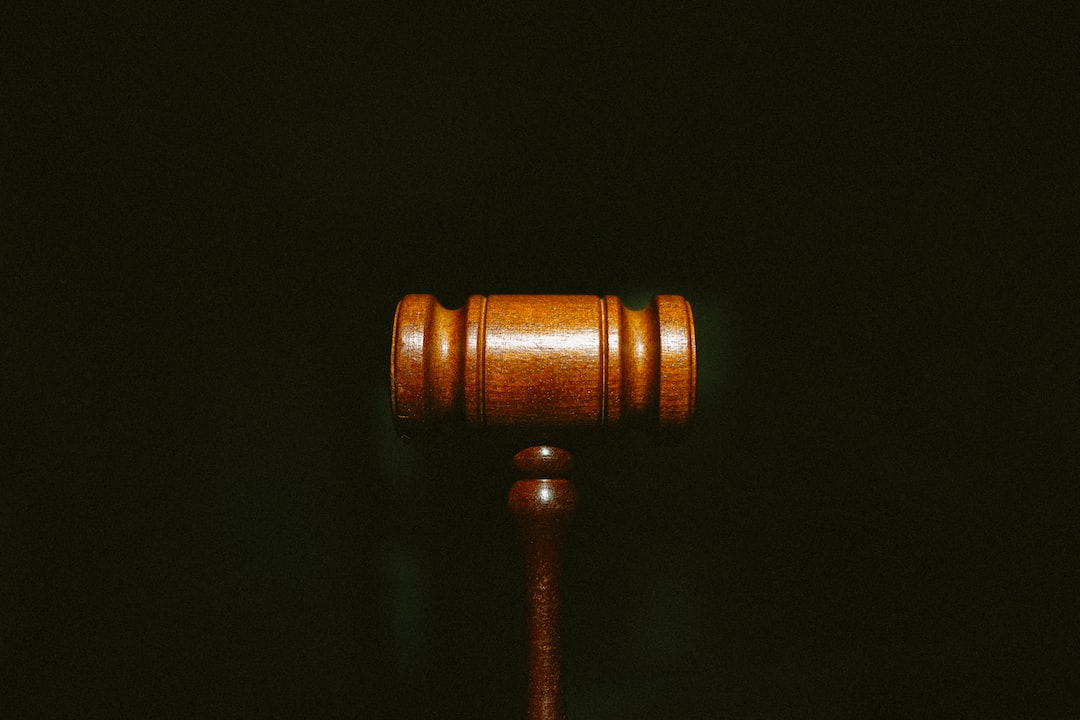The Impact of Technology on Privacy Rights: Balancing Security and Individual Liberty
In the digital age, where technology has become an integral part of our daily lives, the concept of privacy has undergone a significant transformation. While technological advancements have brought about numerous benefits and conveniences, they have also raised concerns about the potential violation of privacy rights. The search for a delicate balance between maintaining security and preserving individual liberty has become more critical than ever.
One of the most significant impacts of technology on privacy rights is the emergence of surveillance systems. With the increasing use of CCTV cameras, facial recognition software, and data analytics, individuals’ movements and activities are constantly being monitored and recorded. While these systems provide a sense of security and help in crime prevention, they have also sparked debates about privacy invasion. The question arises: to what extent has surveillance encroached upon our fundamental right to privacy?
In recent years, governments and law enforcement agencies have justified the use of surveillance technologies under the pretext of national security and public safety. However, citizens are understandably concerned about the potential abuse and misuse of these tools. Instances of unauthorized access to surveillance databases and the collection of information without proper consent have only heightened these concerns. Therefore, it becomes imperative to strike a balance between ensuring security and not compromising individual liberty.
Another privacy concern arising from technological advancements is the widespread collection and storage of personal data. In the digital era, we willingly share vast amounts of our information online, from social media platforms to online shopping websites. While this data is often used to provide personalized services, it also raises questions about how this information is being protected and whether it can be exploited by unauthorized entities. Data breaches and identity thefts have become recurring headlines, prompting calls for stricter regulations and improved data security measures.
The advent of artificial intelligence (AI) and machine learning has further complicated the privacy debate. AI algorithms can analyze vast amounts of data to draw insights and make predictions, but this requires access to personal information. Striking a balance between the potential benefits and privacy concerns surrounding AI poses a significant challenge. For instance, AI-powered facial recognition technologies have been used to identify criminals and enhance security, but they have also been criticized for their potential to infringe upon individuals’ right to anonymity and freedom of expression.
In response to growing privacy concerns, legislation to protect individual privacy rights has been introduced in several countries. The European Union’s General Data Protection Regulation (GDPR), for example, aims to enhance individuals’ control over their personal data and ensure transparency in data processing. Similarly, various jurisdictions have started enacting laws to limit the use of facial recognition technology in public spaces or require explicit consent for its implementation.
While these regulatory efforts are commendable, striking the right balance between security and individual liberty requires a broader discussion. Governments, technology companies, and civil liberties organizations must come together to establish clear ethical guidelines and frameworks for the use of technology in maintaining security. This involves ensuring that surveillance systems are subject to strict oversight, data privacy measures are robust, and individuals have control over the use and storage of their personal information.
In conclusion, the impact of technology on privacy rights cannot be ignored or brushed aside. As technology continues to advance, the need to strike a balance between security and individual liberty becomes increasingly crucial. Governments, organizations, and individuals must work collaboratively to establish clear guidelines and regulations to protect privacy rights, ensuring that the benefits of technology are harnessed without compromising individual freedom. Only by doing so can we create a future where technology and privacy coexist harmoniously.

